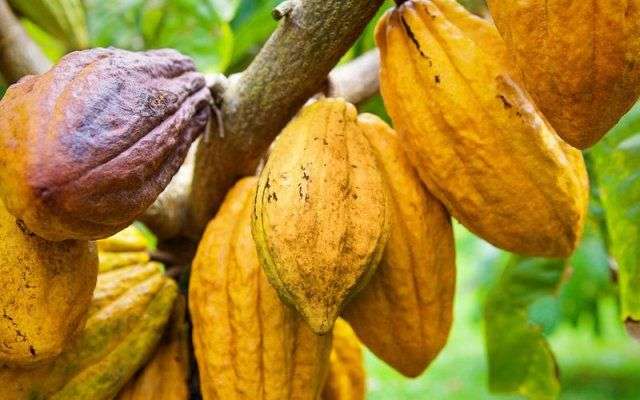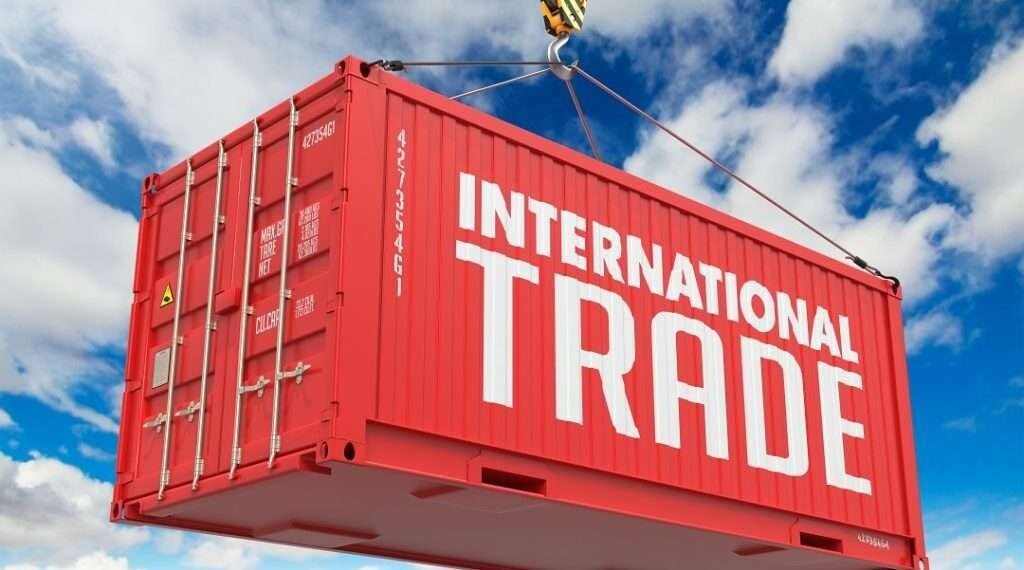Export revenue from Ghana’s major commodities (gold, oil and cocoa) is projected to rise in 2022, in line with soaring prices of major exports (oil and gold) which will widen the trade surplus sharply this year, according to a medium-term forecast by the Economist Intelligence Unit (EIU).
However, the EIU stated that the surplus will narrow in 2023 and 2024, in line with a gradual decline in prices for gold (2023‑24) and oil (2023-26).
“The trade balance will widen again in 2025‑26 as an expected rise in oil and gold output in 2025-26 output offsets falling global prices. The services account will remain in deficit in 2022-26, owing to expenditure on technical services for hydrocarbons projects, but the deficit will gradually narrow as a share of GDP in the second half of the forecast period as demand for tourism picks up”.
Economist Intelligence Unit
The EIU also expects the primary income deficit to widen in 2022-23, reflecting a rise in profit repatriation. This is however, expected to narrow in 2024 before widening again in 2025-26, in line with rising repatriation by oil and mining companies as new projects come on stream. The secondary income account will continue to post large surpluses, buoyed by inflows of workers’ remittances, the EIU noted.
“We expect the current-account deficit to narrow to 2.6% of GDP in 2022 (from 3.2% of GDP in 2021) and to expand to 3.9% of GDP in 2024. It will shrink to 3.3% of GDP in 2026 as export revenue grows and the services deficit narrows further. The deficit will be financed by external borrowing and rising FDI flows”.
Economist Intelligence Unit
Rising commodity prices
International commodity prices exhibited increased volatility during the first half of the year as crude oil prices hit historical highs. Crude oil prices rose sharply due to the limited capacity of OPEC+ to increase production as well as supply constraints from geopolitical tensions.
According to the Bank of Ghana, Brent crude rallied by 56.7 percent on a year-to-date basis to settle at US$117.2 per barrel in June 2022. Gold prices rose by 2.6 percent to settle at US$1,837.1 per fine ounce amid global inflation concerns. The price of cocoa beans, on the other hand, lost 2.2 percent to settle at US$2,428.38 per tonne due to concerns about weakening demand.
External accounts developments
Overall, the favorable commodity prices impacted positively on Ghana’s terms of trade so far this year. At the end of June 2022, the trade account recorded a surplus of US$1.4 billion, representing a year-on-year growth of 62.1 percent.
The improvement stemmed from higher export receipts from crude oil, gold, and non-traditional exports. Crude oil exports went up by 61.3 percent year-on-year to US$2.8 billion, non-traditional exports increased to US$1.4 billion, up by 21.7 percent, and gold exports was US$3.0 billion, higher by 13.1 percent year-on-year.

However, earnings from cocoa beans declined by 31.0 percent, mainly due to a 28 percent reduction in production volumes. In total, merchandise exports for the first half of 2022 reached US$9.0 billion, compared with US$7.6 billion for the same period in 2021.
Total merchandise imports amounted to US$7.6 billion, up by 11.9 percent on year-on-year basis, and driven mainly by oil import bill. Oil and gas imports increased by 87.8 percent to US$2.3 billion, while non-oil imports dipped by 4.7 percent to US$5.3 billion at the end June 2022.
Widened current account deficit
Notwithstanding the significant improvement in the trade surplus, the current account deficit widened to US$1.1 billion, compared with US$762.0 million recorded in the same period of 2021.
“The weakening in the current account was primarily due to higher net outflows from the income and services account, in particular, repatriation of profits and dividends, which offset the gains in the trade account. Again, the capital and financial account recorded significant portfolio reversals and net outflows in the other investment accounts, as well as lower foreign direct investments”.
Bank of Ghana
The combined effect of the widened current account deficit and higher net outflows in financial account, resulted in an overall balance of payments deficit of US$2.5 billion at End-June 2022, compared with a surplus of US$2.4 billion in the same period last year.
READ ALSO: Corruption Has A Very Damaging Effect Of Public trust In Key Institutions- Research Analyst























